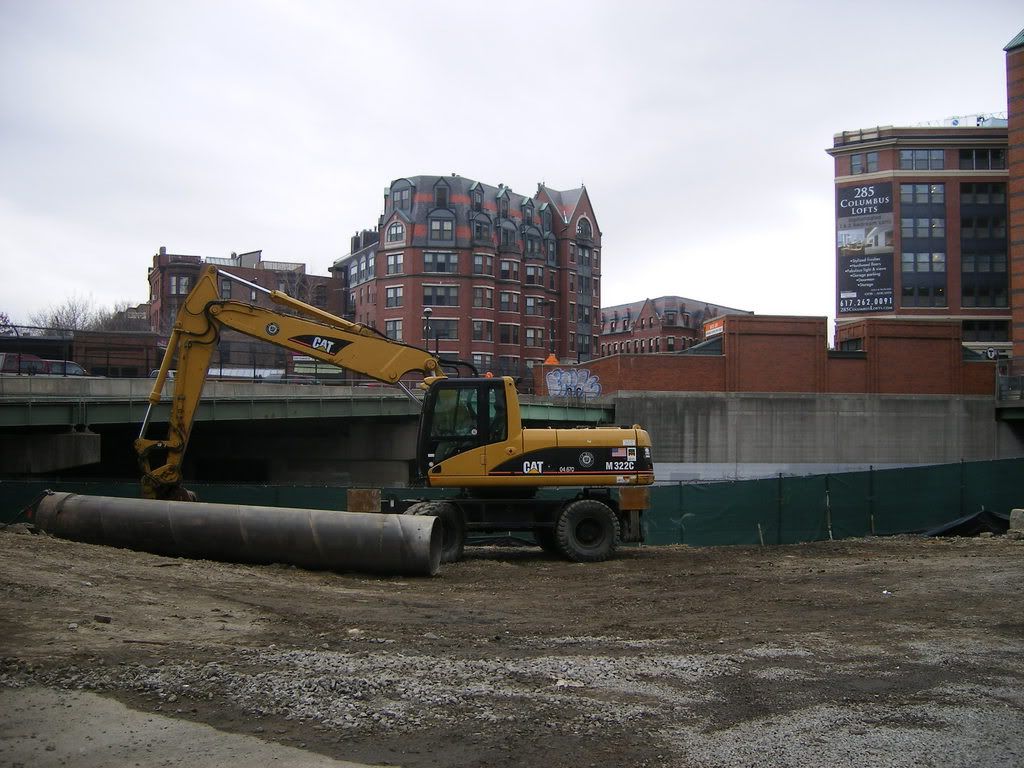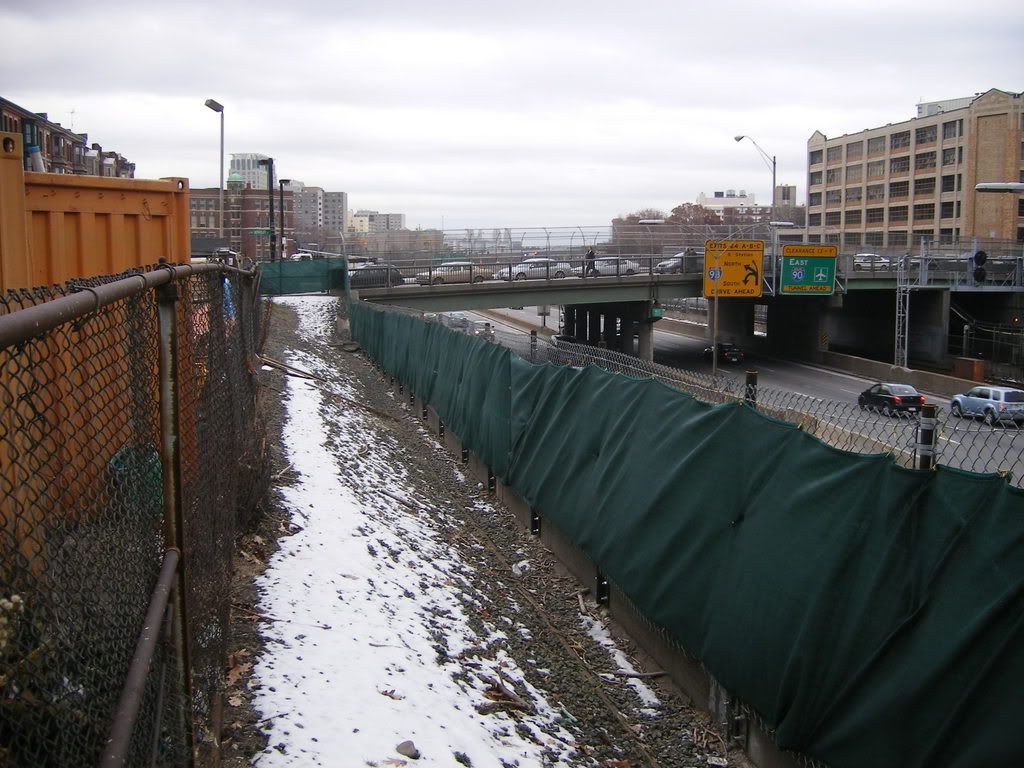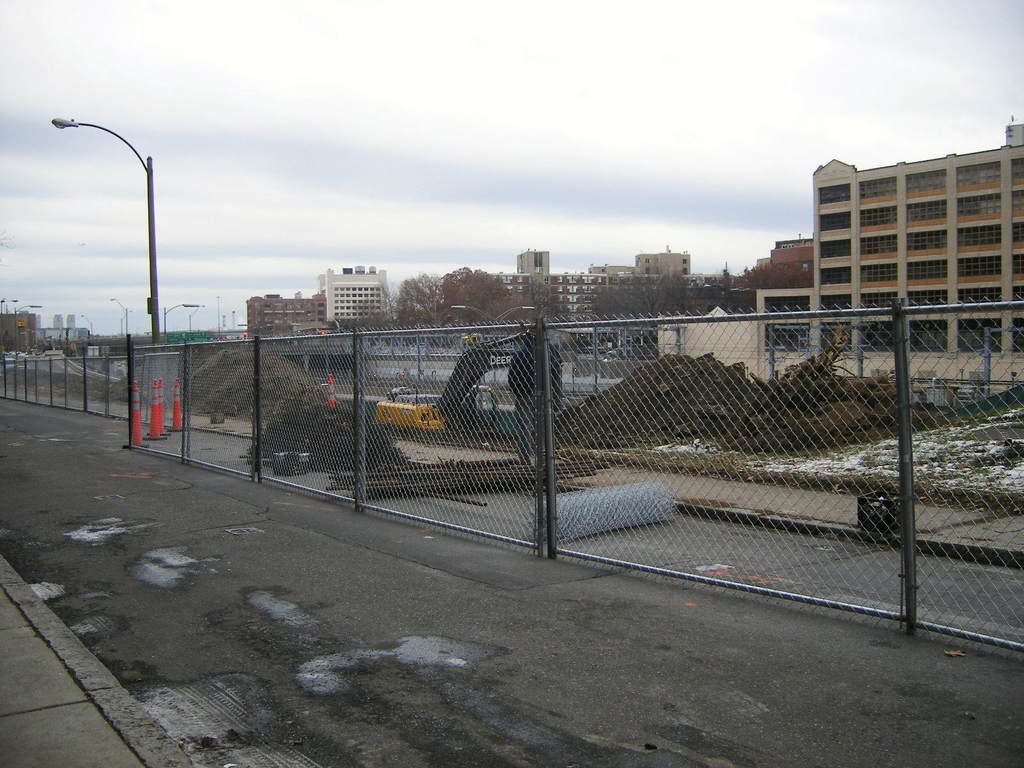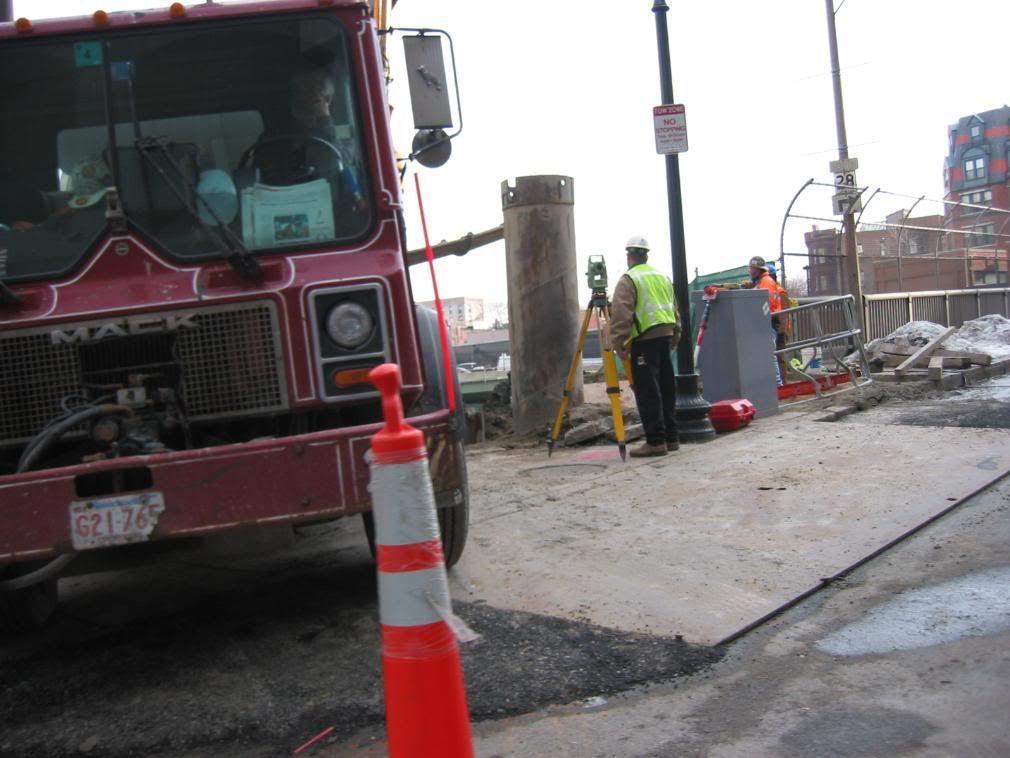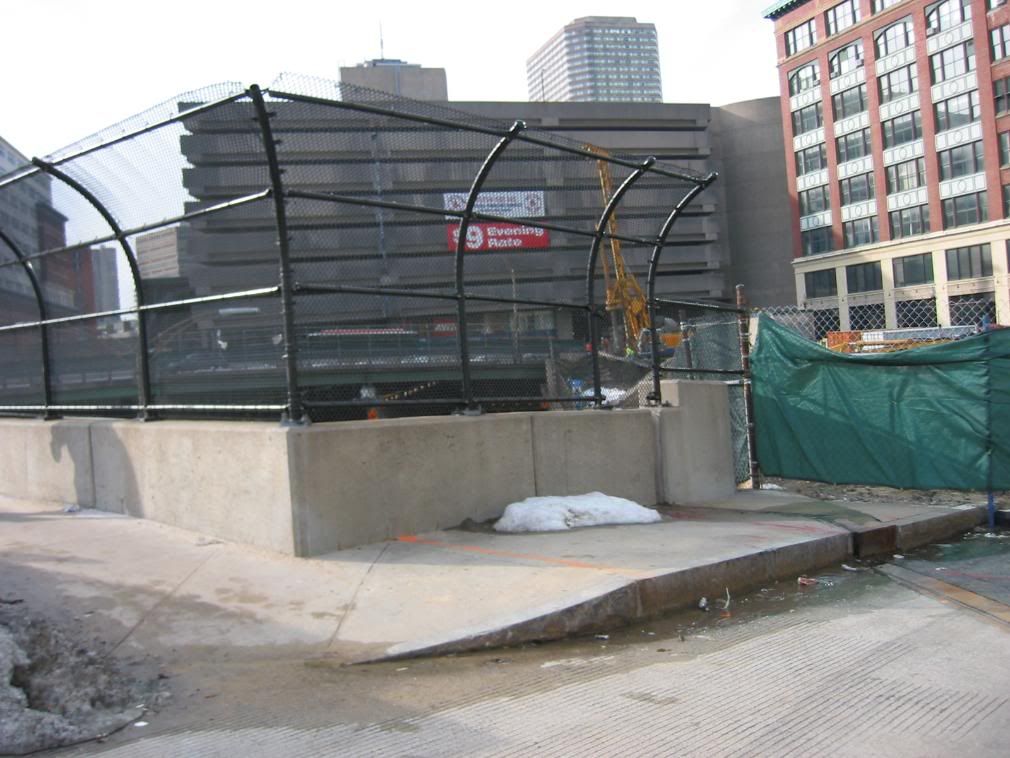Turnpike may halt Columbus Center job
$800m project loses its biggest lender
By Andrea Estes and Thomas C. Palmer Jr., Globe Staff | December 13, 2007
The Massachusetts Turnpike Authority is threatening to stop construction of the $800 million Columbus Center project in Boston because the developer and its major lender have parted ways and the developer is unable to show it has the money to build the massive complex.
Turnpike officials have given developers Arthur Winn and Roger Cassin until next month to provide proof that they have the financing necessary to pay for the first phase of the development, construction of a deck over the Massachusetts Turnpike at Columbus Avenue and Clarendon Street.
The bank lending more than $500 million toward construction costs, Dublin-based Anglo Irish Bank, is out of the deal and the developers are looking for another source of funds, according to several state officials who have been briefed on the matter.
It was unclear yesterday why the bank is no longer involved in the project. Bank officials did not return phone calls seeking comment from the Globe. The split has sent Winn and Cassin and their partners on a hunt for new construction financing at a time when credit for large projects is tight, a result of the nation's sub-prime lending crisis.
The Turnpike Authority, which signed an air-rights lease over the highway for the project, has written at least three letters to the developers warning them that it could order work halted because financing is not in place.
If the developers do not provide assurances by Jan. 15, "the Authority reserves the right to require the Tenants, upon written notice from the Authority, to immediately stop all work on the project," according to a Nov. 20 letter sent by the Authority's outside real estate counsel.
The developer did not notify the Turnpike Authority that it had split with Anglo Irish Bank until two weeks ago - after construction had begun, according to one state official.
Alan Eisner, a spokesman for Winn and Cassin's firm, WinnDevelopment, would not discuss the financing problem, which he sought to minimize.
"This is not unusual in a transaction of this magnitude," he said. "Whenever you have multiple parties to a major economic agreement, all of the parties reserve their rights until there is concurrence on all aspects of the capital structure."
As currently planned, the Columbus Center will be a 1.45 million square-foot, six-building complex that includes a 35-story hotel, luxury condominiums, stores, parking, and parks. It will span two city blocks and link the Back Bay and South End neighborhoods by bridging the canyon caused by the turnpike.
Over the years, its price has soared from $300 million to the current $800 million. The controversial project has, on several occasions, appeared doomed by rapidly rising construction costs and neighborhood opposition.
Construction finally began in mid-October. Yesterday, the edges of the turnpike where the deck will be anchored had been cordoned off and heavy machinery was moving earth and boring into the soil. Workers are installing conduits that will house relocated fiberoptic cables, removing concrete structures to make way for construction, and repainting lines on the highway so that traffic can be diverted during later construction.
Turnpike Authority spokesman Mac Daniel also was optimistic the developers will be able to provide the documentation the agency seeks.
"We have not been satisfied as of yet, but we remain hopeful that we will," he said.
Daniel said the Turnpike Authority would have several options if the developers were unable to come up with a satisfactory financing plan, including canceling the lease.
But he said the Authority would be inclined to continue extending deadlines in the hope that a new construction lender could be found, "given that we still support and want this project to move forward." One of the project's investors has said that there are several banks interested in financing the project, a state official said.
But it is unclear how easy it will be for the developers to find the money they need in the current tight lending climate.
"Any construction loan over $100 million is very difficult to get today," said John P. Fowler, executive managing director of the investment advisers Holliday Fenoglio Fowler LP. "You've got to put a lot of banks together to get it done."
He declined to discuss Columbus Center specifically.
"Last year you would have had a lot more banks interested in doing loans of that size," Fowler said. But he said that was before the subprime credit crisis shook even the commercial lending markets. Today a bank would syndicate, or sell off to other lenders, more of a large loan. Last year, he said, "they would have kept larger pieces of it."
Lenders are also more conservative, and developers cannot borrow as much money on a given project. The percentage of a large project's cost that banks are willing to support has gone from about 75 percent before last summer, to 60 percent now, Fowler said.
WinnDevelopment's partner in the project is a joint venture between the California Public Employees' Retirement System and MacFarlane Urban Realty Co., a San Francisco real estate investment firm.
If they come up with a new financing plan, it could affect loans and grants they have been promised by state officials. As a condition of receiving a $10 million grant from the state's Executive Office of Housing and Economic Development and at least $15 million in loans from MassHousing, the developers needed to provide details of their financing plan.
Officials of both agencies said yesterday that if the financial terms changed, they would review their commitments to the project. The state loans and grants have not yet been paid.


